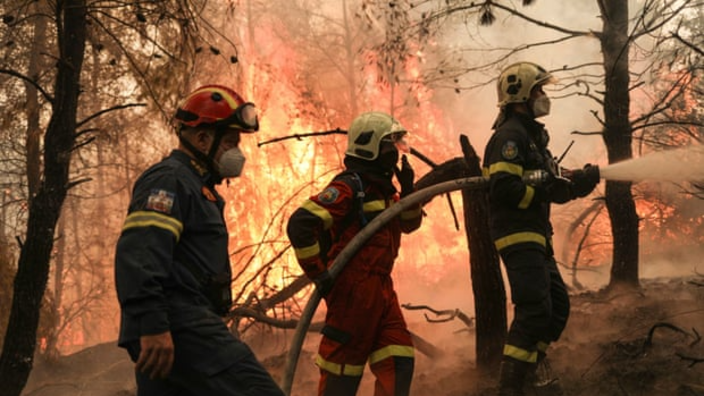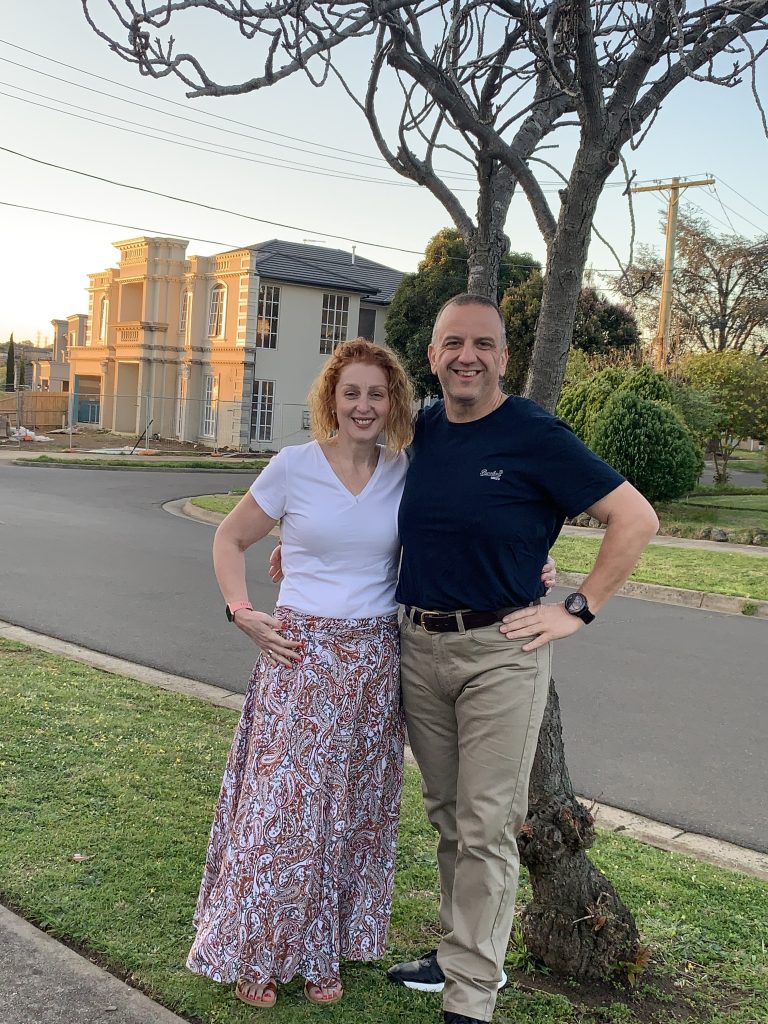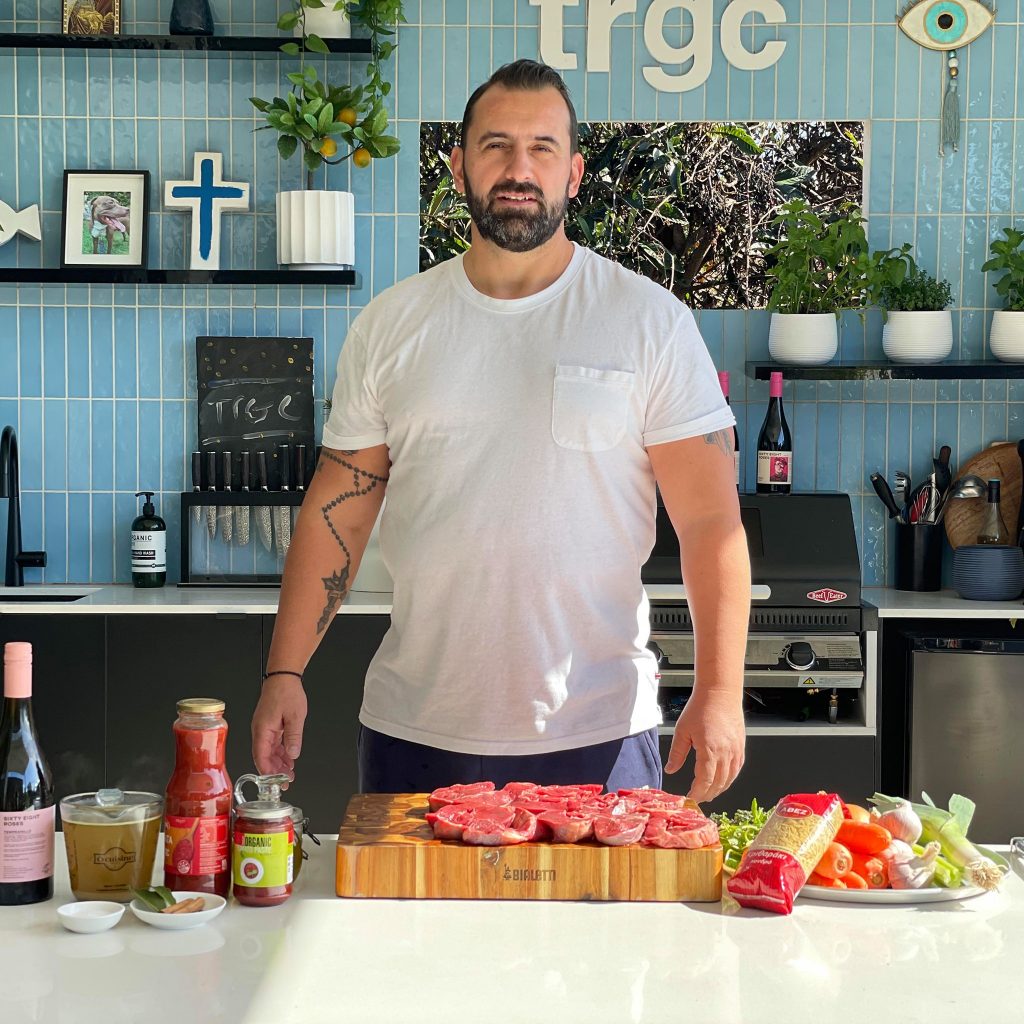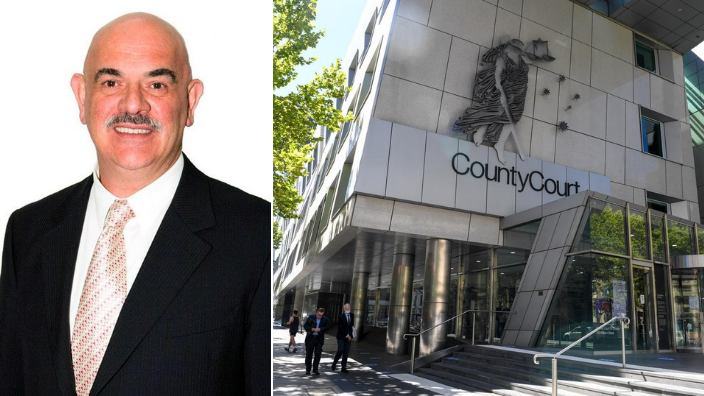Hundreds of firefighters from across Europe and the Mideast worked alongside their Greek colleagues in rugged terrain on Wednesday, trying to contain flareups of the huge wildfires that have ravaged Greece’s forests for a week, destroying homes and forcing thousands to evacuate.
The spread of the blazes has been largely halted, officials said, but fronts still burned on the large island of Evia and in Greece’s southern Peloponnese region, where several homes were on fire, according to state ERT TV.
Small pockets of wildfires continued to burn in areas of the Ancient Olympia township, in Ilia, western Peloponnese, Deputy Regional Director of Ilia Vassilis Yannopoulos said.
READ MORE: Mytilineos sources helicopters and crew from Australia to fight fires in Greece.
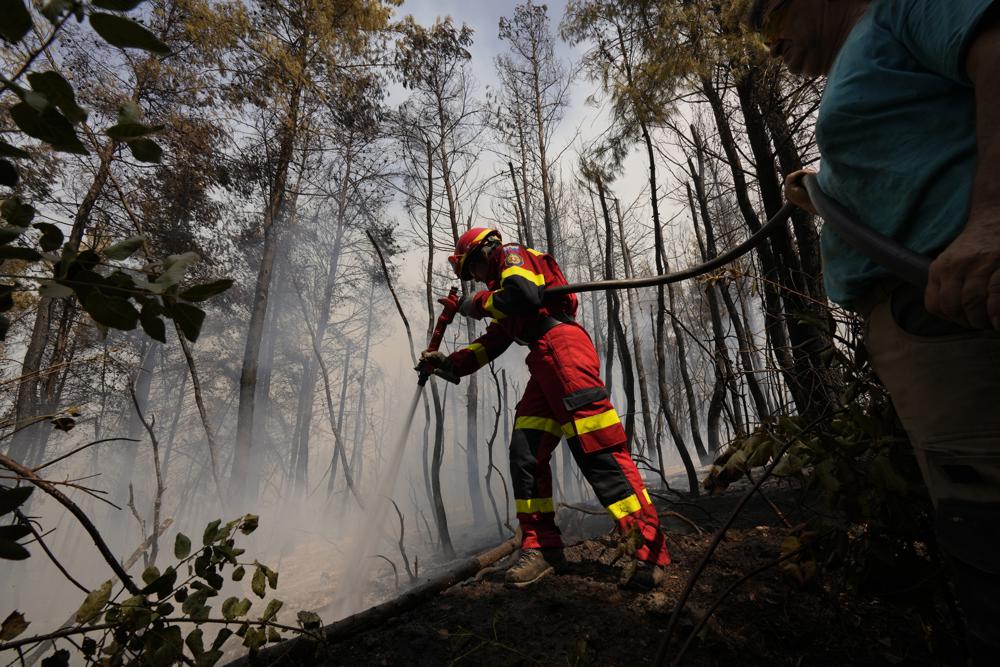
Firefighters and heavy machinery also still remain at the administrative borders of Ilia and Arcadia prefectures to prevent the fire in Gortynia, the region east of Olympia, from spreading into Ilia.
“Although the danger of rekindlings in the fire fronts has not yet been alleviated, we are speeding up our efforts to register damages immediately,” Yiannopoulos said.
The fires broke out last week after Greece had just experienced its most protracted heatwave since 1987, leaving its forests tinder-dry.
READ MORE: Greek government defends response as Evia wildfires burn for eighth day.
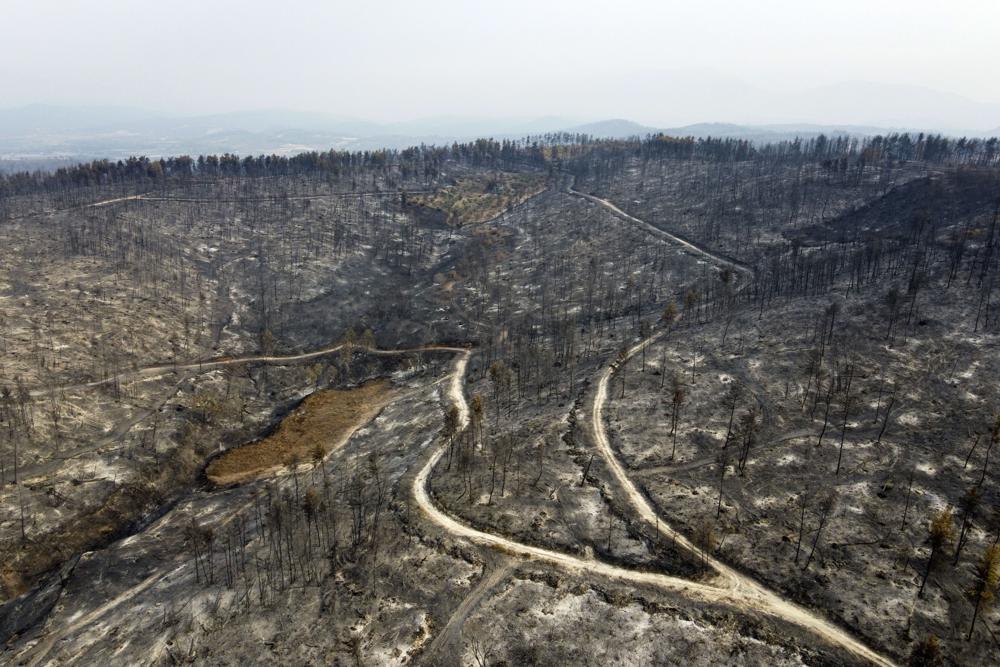
Greece’s fire service said 900 firefighters, including teams from Poland, Romania, Cyprus, Ukraine, Serbia, Slovakia and Moldova, and 27 aircraft were working on Evia, Greece’s second-largest island which is linked to the mainland by a bridge.
Greek Prime Minister, Kyriakos Mitsotakis, spoke on the phone Wednesday with top officials from Ukraine, Qatar and Romania to “warmly thank them” for their contributions. The three countries sent 340 firefighters and 24 vehicles in response to Greece’s appeal for help.

Evia’s northern part, which has forests entwined with villages and small seaside resorts, has suffered the greatest damage, with an estimated 50,000 hectares (123,000 acres) lost and dozens of homes burned.
Retiree Maria Roga said although her house in Pefki, a village on Evia, was saved from the flames that burned a neighboring home, she still worries about flare-ups.
“I’m still afraid. I’m afraid,” she told The Associated Press on Wednesday. “(But) I can’t complain. I am very grateful, I am one of the lucky ones.”
Source: AP News.

